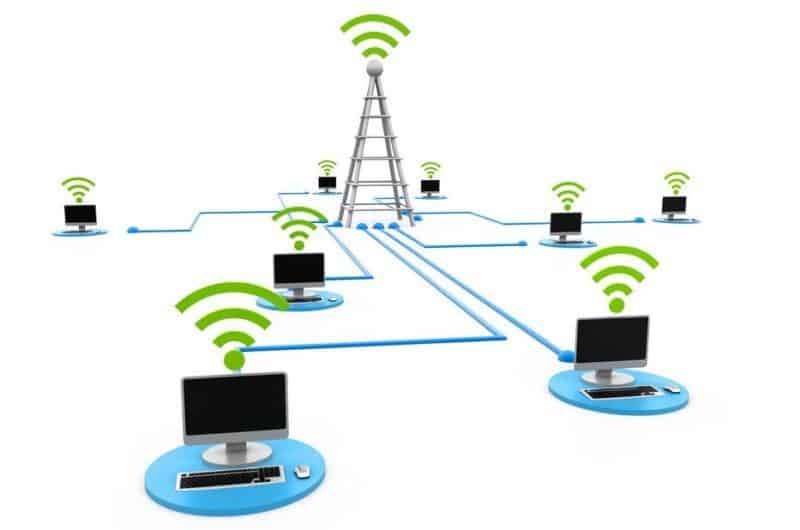1. Introduction
In today’s fast-paced business environment, a reliable wireless business internet connection is more crucial than ever. It facilitates seamless communication, enhances productivity, and enables flexibility, allowing employees to work from anywhere. However, with these benefits come significant security risks. Understanding how to protect your wireless business networks is essential for safeguarding your data and maintaining customer trust.
2. Understanding Wireless Business Internet
Wireless business internet refers to internet services that use radio signals rather than cables to connect to the web. This technology offers many benefits, such as easy installation, scalability, and support for remote work. On the other hand, business fixed wireless internet utilizes a fixed connection point to deliver internet services, providing a reliable alternative for businesses without access to traditional wired connections. Understanding these options helps businesses choose the best fit for their needs.
3. Common Security Threats to Wireless Business Networks
Wireless networks are susceptible to several security threats. Unauthorized access is one of the most common risks; if your network is not adequately secured, anyone within range can connect to it without permission. Data interception is another concern; hackers can capture sensitive information transmitted over unsecured wireless connections. Malware attacks also pose a significant threat, as malicious software can infiltrate your network and compromise your systems. Real-world examples, such as high-profile data breaches, underscore the importance of addressing these vulnerabilities.
4. Best Practices for Securing Wireless Business Internet
To protect your wireless business internet, implementing best practices is essential:
- Strong Passwords and Encryption: Use complex passwords for your wireless network and change them regularly. Enable WPA3 encryption, the latest security protocol, to protect your data.
- Regular Updates: Keep your router’s firmware and any connected devices updated. Manufacturers often release updates to patch security vulnerabilities, and staying current can help protect your network.
- Use Virtual Private Networks (VPNs): VPNs encrypt your internet connection, making it difficult for hackers to intercept your data. Encourage remote workers to use VPNs when accessing your network from public Wi-Fi.
5. The Role of Wireless Internet Service Providers in Security
Your choice of wireless internet service provider can impact your security posture. Reputable providers often include security features such as firewalls and intrusion detection systems in their services. They can also offer guidance on best practices for maintaining network security. When selecting a provider, look for one that prioritizes security and has a proven track record in protecting business networks.
6. Partnering with Cybersecurity Solutions
While implementing best practices is crucial, partnering with a professional cybersecurity service can provide an additional layer of protection. Defend My Business specializes in comprehensive cybersecurity solutions tailored for businesses. Their expertise can help identify vulnerabilities in your wireless business networks and implement strategies to mitigate risks. By investing in professional security measures, you can focus on your core business operations with peace of mind.
7. Conclusion
Securing your wireless business networks is not just about protecting your data; it’s about safeguarding your reputation and ensuring operational continuity. By understanding the common threats and implementing best practices, you can significantly reduce your risk. Don’t hesitate to seek professional help from cybersecurity experts like Defend My Business to bolster your defenses.For more information on securing your wireless networks, contact Defend My Business:Phone: 888-902-9813
Email: defend@defendmybusiness.comTake proactive steps today to secure your wireless business internet and protect what matters most!
